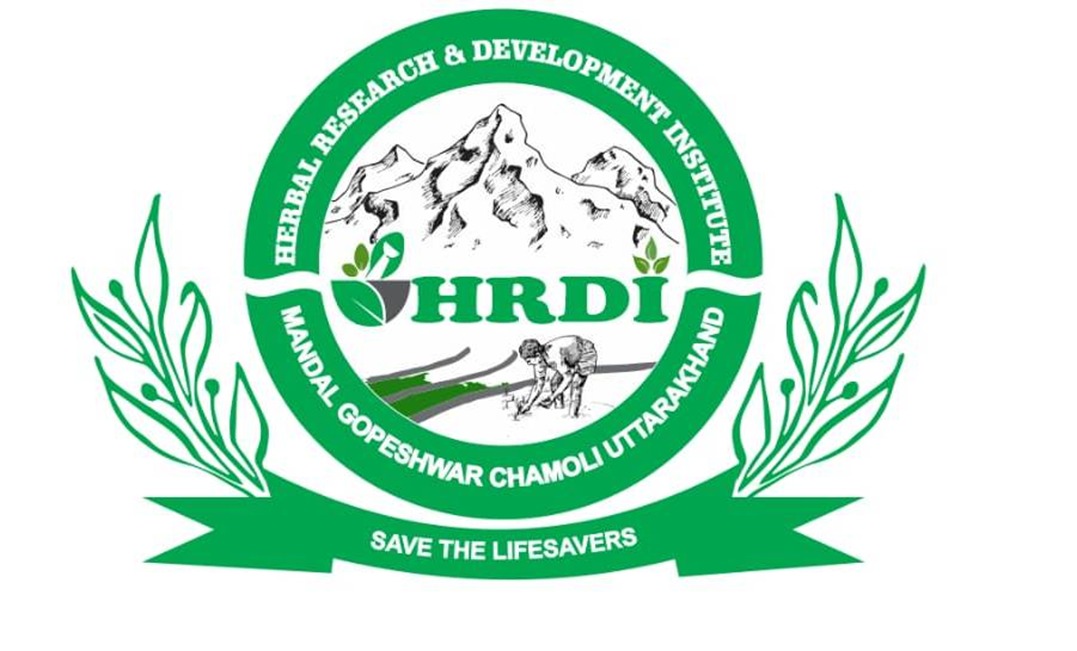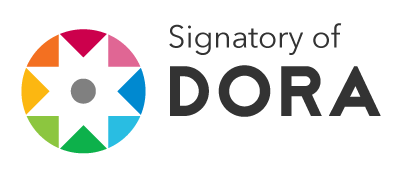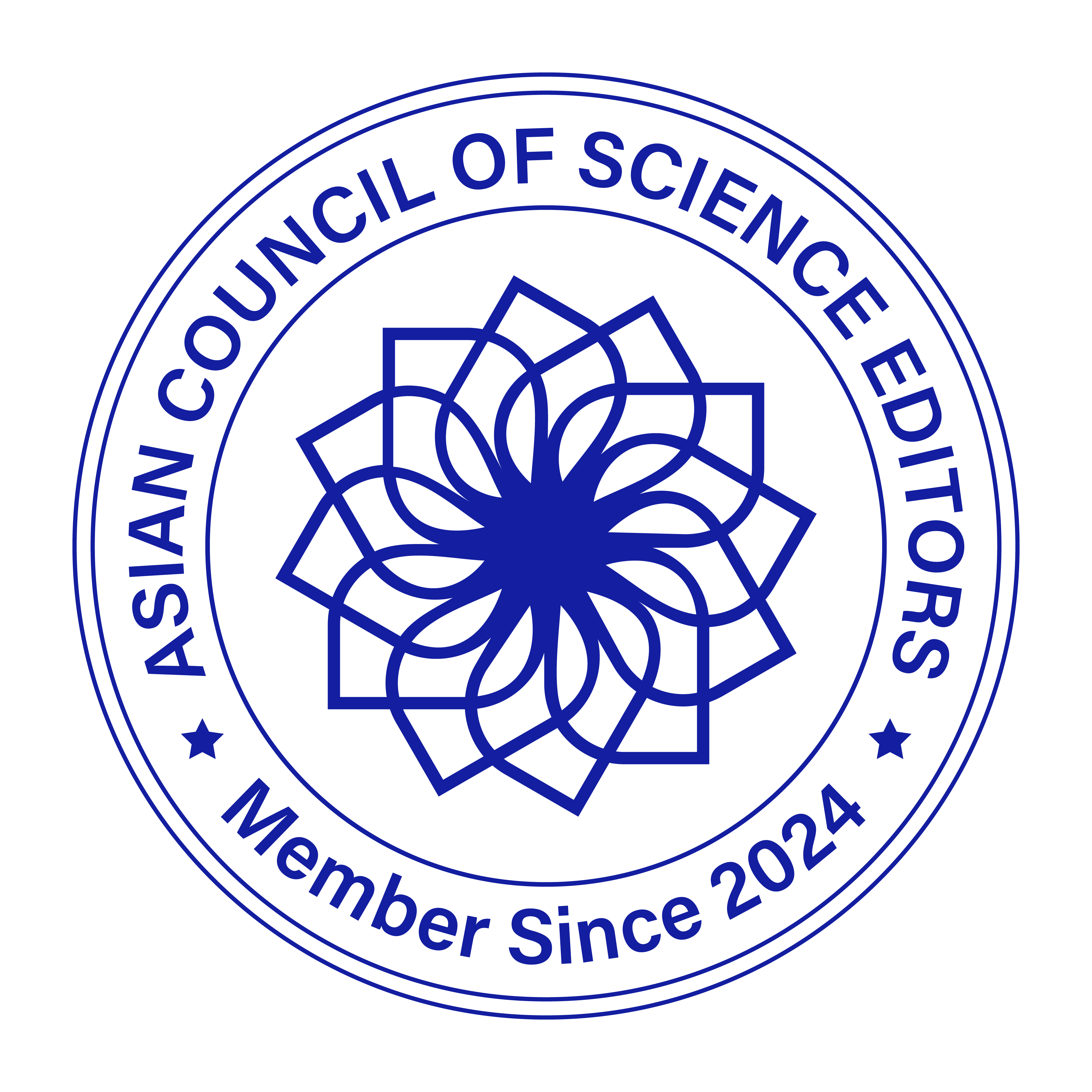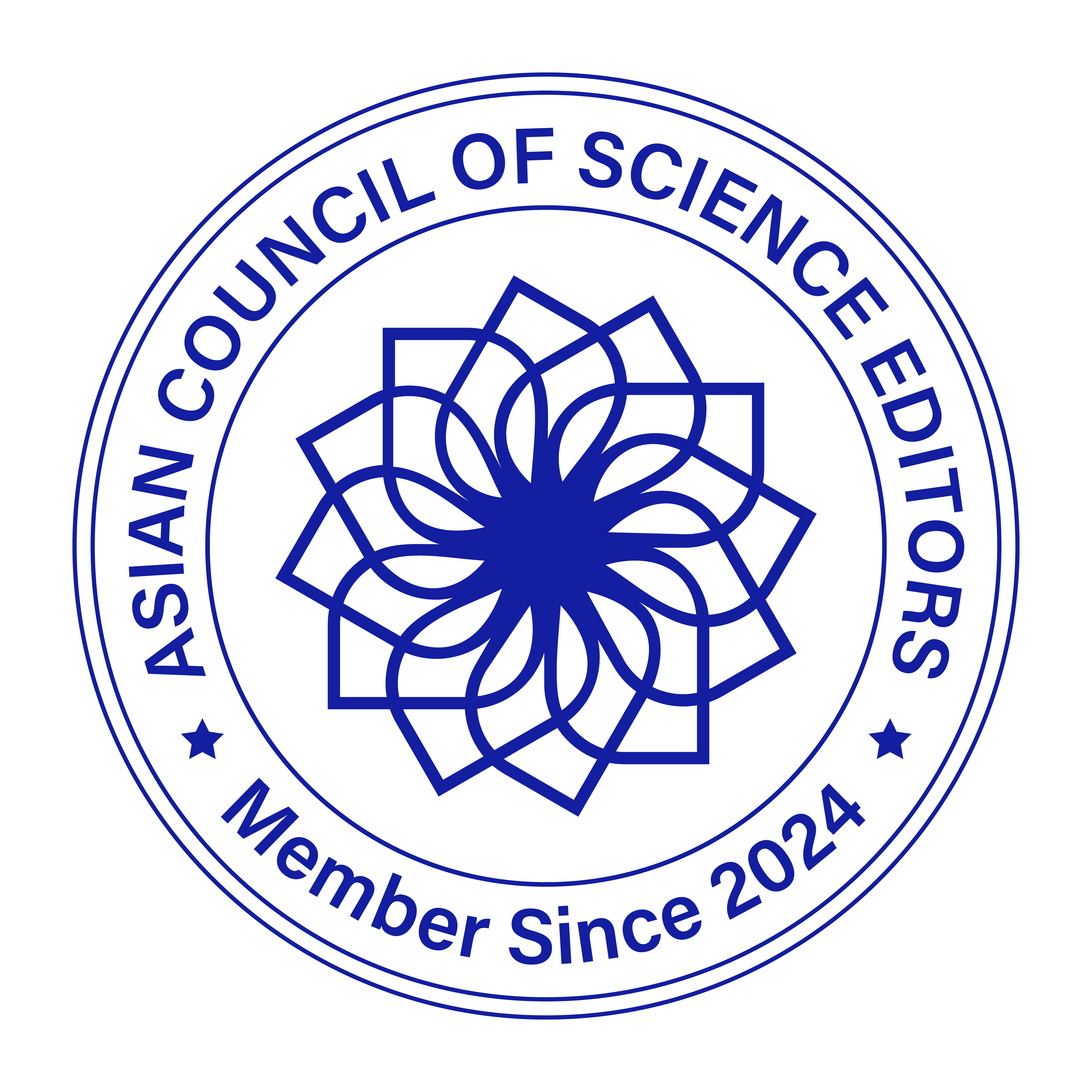Plant epigenetics: What it is and role in herbal field
Editorial
DOI:
https://doi.org/10.21276/pt.2025.v2.i2.1Keywords:
Application, DNA, Epigenetics, Gene Expression, PlantsAbstract
Plant epigenetics is the study of heritable changes in gene expression that do not involve changes to the DNA sequence itself. These changes are often triggered by environmental conditions and can affect plant development, stress responses, and adaptation. Epigenetics plays a crucial role in how plants regulate gene activity over time and across generations. Unlike animals, plants can pass on epigenetic information more frequently through both mitosis and meiosis. Epigenetics plays a vital role in plant biology by regulating gene expression without altering the DNA sequence. This allows plants to respond flexibly and efficiently to both internal developmental signals and external environmental conditions. In this article, the significance of plant epigenetics is explained in the fields of herbals, drug discovery and applications in crop improvement.
References
Minnebo N, Eynde AV, Bollen M. Epigenetic mechanisms in development, inheritance and disease. P Belg Roy Acad Med. 2012; 1: 19-40.
Gupta C, Salgotra RK. Epigenetics and its role in effecting agronomical traits. Front Plant Sci. 2022; 13: https://doi.org/10.3389/fpls.2022.925688.
Abdulraheem MI, Xiong Y, Moshood AY, Cadenas-Pliego G, Zhang H, Hu J. Mechanisms of Plant Epigenetic Regulation in Response to Plant Stress: Recent Discoveries and Implications. Plants. 2024; 13(2):163. https://doi.org/10.3390/plants13020163
Wang M, Ibeagha-Awemu EM. Impacts of Epigenetic Processes on the Health and Productivity of Livestock. Front Genet, 2020; 11: https://doi.org/10.3389/fgene.2020.613636.
Fatima N, Baqri SSR, Bhattacharya A, Koney-Kwaku NK, Husain K, Abbas A, Ansari RA. Role of Flavonoids as Epigenetic Modulators in Cancer Prevention and Therapy. Front Genet. 2021; 12: https://doi.org/10.3389/fgene.2021.758733.
Maxim I, Isabel B, Magnus IS. Epigenetic mechanisms of importance for drug treatment. Trends in Pharmacological Sciences. 2014; 35(8): 384-396. https://doi.org/10.1016/j.tips.2014.05.004
Wu YY, Xu YM, Lau ATY. Epigenetic effects of herbal medicine. Clin Epigenet. 2023; 15(85): https://doi.org/10.1186/s13148-023-01481-1
Ganesan A, Arimondo PB, Rots MG, Jeronimo C, Berdasco M. The timeline of epigenetic drug discovery: from reality to dreams. Clin Epigenet. 2019; 11: 174. https://doi.org/10.1186/s13148-019-0776-0
Downloads
Published
Data Availability Statement
Not Applicable
Issue
Section
License
Copyright (c) 2025 PhytoTalks

This work is licensed under a Creative Commons Attribution-NonCommercial 4.0 International License.
Copyright and License Terms
Authors who publish with this journal agree to the following terms:
- Authors retain the copyright to their work and grant the journal the right of first publication. The work is simultaneously licensed under a Creative Commons Attribution License permitting others to share it with proper acknowledgement of the authorship and its original publication in this journal.
- Authors may enter into additional, non-exclusive agreements for distributing the published version of their work (e.g., depositing it in an institutional repository or including it in a book), provided they acknowledge that the work was first published in this journal.
Open Access Policy
License
PhytoTalks is an open-access journal, allowing readers to access all published articles without registration. All articles are distributed under the Creative Commons Attribution License (CC Attribution 4.0), which permits unrestricted use, distribution, and reproduction in any medium, provided the original author and source are properly credited. (https://creativecommons.org/licenses/by/4.0/).
License summary:
This license allows others to:
-
Share — copy and redistribute the material in any medium or format
-
Adapt — remix, transform, and build upon the material for any purpose, even commercially
Under the following terms: -
Attribution — appropriate credit must be given, a link to the license provided, and indication if changes were made.
Author Warranties
By submitting a manuscript to PhytoTalks, authors confirm that:
-
The work is original and does not infringe any copyright, trademark, patent, or other rights of third parties.
-
The work has not been published elsewhere (except as a preprint) and is not under consideration by another publication.
-
All necessary permissions for any third-party materials used in the manuscript have been obtained.
Citation Policy
When using or citing articles from PhytoTalks, proper attribution must be given to the original authors and the source, including a DOI link where available.



![Announcement: Special Conference Issue of Phytotalks We are pleased to announce that Phytotalks will publish a special issue featuring select peer-reviewed papers from the Third International Conference on Plant Functional Biology, an esteemed international gathering of experts in Plant Science]. This special issue will highlight cutting-edge research and innovative developments presented at the conference, offering our readers valuable insights into the latest advancements in the field. Stay tuned for this upcoming edition, which reflects our continued commitment to showcasing high-quality, impactful research.](https://phytotalks.com/public/site/images/afrozalam/img-20250701-wa0010.jpg)





































